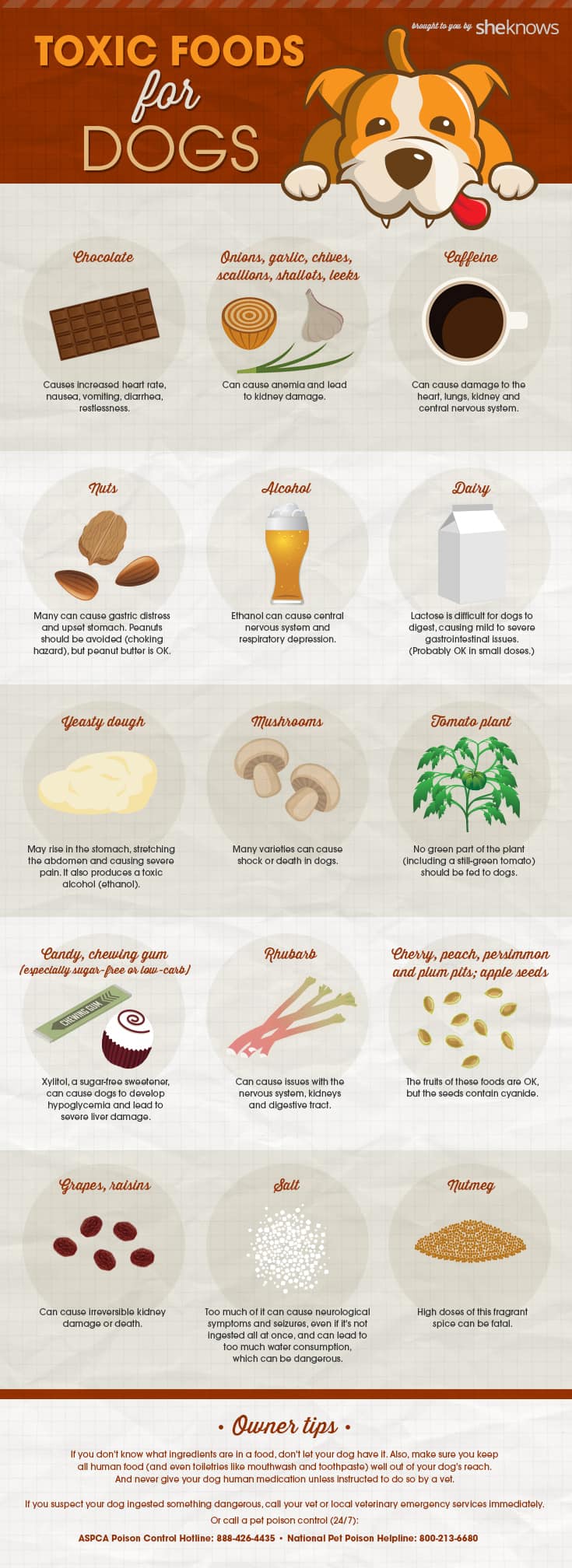How Long Should Puppy Be In Daycare
How Long Should Puppy Be In Daycare
Blog Article
Can Pet Daycare Cause Illness?
Dogs in childcare get lots of exercise, socializing with various other canines and unique experiences. This can be particularly handy for pups and pet dogs with behavioral issues.
There are a number of lawful factors to consider you require to think about when beginning a dog daycare business. These include the structure of your business and compliance with government policies.
1. Dog Distemper
Canine distemper is spread out with straight contact with the physical liquids and waste of a contaminated dog, but it can likewise be transferred by means of common water and food bowls or via airborne droplets. This highly contagious disease is most hazardous for young puppies, however it can affect pet dogs of any kind of age and is deadly for the majority of if left untreated.
Initial symptoms of canine distemper often mimic a common cold, including runny eyes and nose with watery or pus-like discharge. As the disease proceeds, a dog will develop fever, coughing, reduced appetite, vomiting and diarrhea. The virus can additionally strike the nervous system, resulting in seizures, shivering and partial or full paralysis.
Reputable childcares lower direct exposure to infection by calling for vaccinations, regular health examinations and adhere to rigorous health procedures. If your puppy appears excessively exhausted or limping, a day of rest may help him recoup, yet you need to stay clear of taking him back to childcare up until these symptoms clean up.
2. Kennel Cough
Kennel cough, additionally called contagious canine tracheobronchitis or Bordetella, is a highly contagious viral or microbial illness that impacts the respiratory tract. It's generally moved with the exchange of saliva or air droplets that a sick pet breathes out. Social canines go to greater danger for infection due to their frequent communication with each other, such as when they play, share food or water, sniff one another or merely satisfy in a crowded environment like a pet park or childcare.
One of the most typical symptom of kennel coughing is a relentless and powerful cough that seems like something stuck in the throat or retching. Often, pets will certainly cough up foamy white phlegm. If left without treatment, a canine can develop pneumonia and go to severe risk permanently.
A respectable daycare center must have strict cleansing and cleanliness protocols, disinfect all toys, food and water bowls regularly, and be open concerning their inoculation policies. Maintaining your canine approximately day on their vaccinations, specifically for bordetella and canine flu, will significantly lower their opportunities of contracting the ailment.
3. Parvovirus
Canine parvovirus, or parvo, is an extremely contagious viral ailment that can be lethal for puppies and young person canines with inadequate immune systems. It's most commonly spread out by direct contact with infected pet dog feces-- which can happen when pets sniff, lick, or preference infected feces-- and indirectly from infected people, things, or atmospheres (like kennels, grooming spaces and grass). Pups and canines without complete inoculation histories are specifically vulnerable to parvo.
The infection is very resilient, enduring in the environment for approximately nine years, and can easily be transferred in between canines by call with feces or on footwear, clothes, and bed linens polluted with parvovirus. Otherwise treated immediately with IV liquids, electrolyte balance, throwing up control medications and anti-biotics to avoid second bacterial infections, a pet will quickly dehydrate and create severe looseness of the bowels, which causes shock and sepsis. Parvo is tough to treat as soon as a pet dog has come to be ill, however with appropriate vet care, several young puppies do survive this ailment.
4. Dog Flu
Dog influenza infection is highly transmittable and long term dog boarding near me spreads with straight get in touch with, sharing food and water bowls, licking or nuzzling other pet dogs, through air-borne beads, and with contaminated surface areas. Vaccination works in reducing the threat of infection and break outs.
The majority of impacted pets establish a mild respiratory system infection with a coughing that lasts 1-3 weeks. They may likewise have nasal and ocular discharge, sneezing, and sleepiness. Some of one of the most serious instances result in pneumonia and a high fever.
If your pet dog shows any of these signs and symptoms, do not bring them back to day care till they are healthy. If your pet is showing indicators of extreme tiredness or hopping, speak with your veterinarian right now and see to it they are on health supplements to assist construct their resistance. A veterinarian will review your dog for signs and symptoms of the flu by taking an example from the nose or throat, and blood tests can be done to verify.